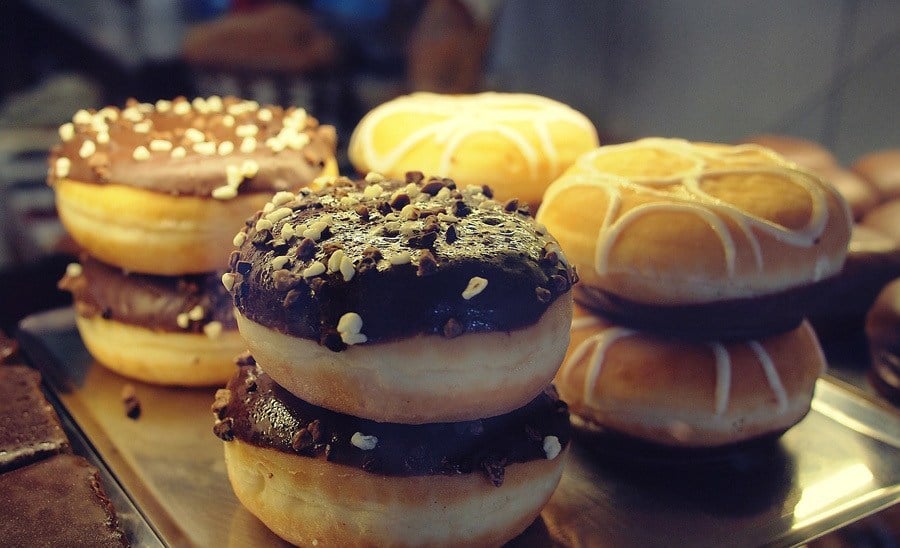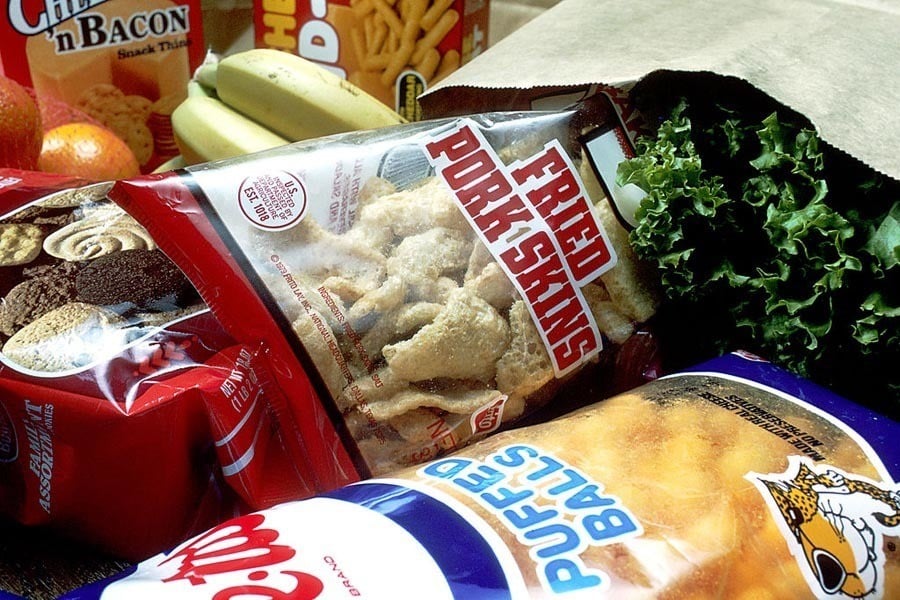Is that second trip to the burger joint this week due to a lack of willpower? Or is it due to the real reason why we crave junk food: our brain chemistry.
If you’ve ever wondered why we crave junk food, you might want to take a closer look at the way your brain really works.

Image Source: Pixabay
When we’re being constantly bombarded with warnings about the dangers of processed foods, why are the unhealthiest snacks consistently flying off the shelves? The answer is partly to do with willpower and cost, but it mostly revolves around how your brain interprets junk food — from its journey as a mere craving to the way it melts in your mouth when you indulge.
When we eat fatty, emulsified, or sugary foods, our brains release dopamine, a brain chemical involved in learning and new experiences. If we like what we taste, it also releases opioids, chemicals that signal enjoyment. Together, these chemicals essentially train us to repeat the pleasurable experience. Basically, our own brains are working against our best interests. Here are seven ways the human brain messes it up when it comes to kicking the junk food habit…
1. Our brains evolved to love sugar

Image Source: Wikipedia
Going all the way back to apes that relied on sugar-rich fruit for survival, we are programmed to choose the sweeter (therefore higher calorie) food option because it enhances our energy reserves, while the fructose ups our ability to store fat. Unlike our primate predecessors, we need to consume much more of it, due to our high levels of encephalization (that is, the large brain size compared to body mass).
“Compared to other primates and mammals of our size,” anthropologists William R. Leonard, J. Josh Snodgrass, and Marcia L. Robertson write, “humans allocate a much larger share of their daily energy budget to ‘feed their brains.'”
They add that the disproportionately large amount of energy used by our brains affects our dietary needs, leading to a need for food far denser in energy and fat than our primate ancestors.
Fast forward a few millennia, and it still rings true. When meal frequency was inconsistent — and where it still is, in some parts of the world — a fat reserve provided a critical layer of protection: One bad winter could mean starvation if you lacked a decent layer of fat. From an evolutionary standpoint, that’s about the worst thing that could happen to you, so over time, our brains came up with a simple equation: Sugar = Survival. Ironically, it’s now the sugar that’s killing us.
2. Junk food is specifically designed to trigger cravings

Image Source: Wikimedia Commons
Taste, smell, and “mouthfeel” are all very important factors in designing the perfectly engineered junk food. The optimal level of crunch in a chip, or the perfect amount of fizz in your soda, has been tested and analyzed over and over again by the companies that want to make sure consumers become addicted. “These products are designed to keep you coming back to eat more and more and more,” former food industry executive Bruce Bradley says. “They’re trying to increase their share of your stomach.”
In order to get you hooked, food execs fiddle with ingredients until their foods reach what’s known as a bliss point, a “very perfect spot of just enough and not too much sugar,” according to Salt Sugar Fat author Michael Moss.
Industry executives will even attempt to add these “bliss points” into otherwise non-sweet foods, Moss says. “The food companies have marched around the grocery store adding sweetness, engineering bliss points to products that didn’t used to be sweet,” Moss told NPR.
“So now bread has added sugar and a bliss point for sweetness. Yogurt can be as sweet as ice cream for some brands. And pasta sauce — my gosh, there are some brands with the equivalent of sugar from a couple of Oreo cookies in one half-cup serving.”
Once your brain recognizes a food as likely having this bliss point, it’s going to be that much harder for you to resist it.
3. We’re stressed out

Image Source: Flickr
You might not know it, but you’re probably very familiar with cortisol — it’s the main hormone released when we experience long-term stress, and it does damage to the ways we think about food. “Stress activates your adrenal glands to release cortisol, increasing your appetite,” says Melissa McCreery, PhD, ACC, psychologist and the emotional eating expert behind the site Too Much On Her Plate.
Once released, people are drawn to fattening “comfort foods,” which actually do have an alleviating effect on stress by inhibiting brain activity in the stress centers – but only temporarily. Even after that fades, it’s too late to stop the triggering; our brains have made the connection that these foods help calm our nerves, and you can bet we will crave them the next time our stress levels are cranked up.
Studies show that women drift more toward comfort food than men, who are more apt to start drinking or smoking excessively. To resist this biological tendency, experts say we shouldn’t have our favorite comfort foods (or alcohol, if that’s what you turn to) stocked and ready to go in our homes, and we should try other stress-coping mechanisms like exercise or meditation, which also calm the brain’s stress center.





